What People Living With HIV Want You To Know
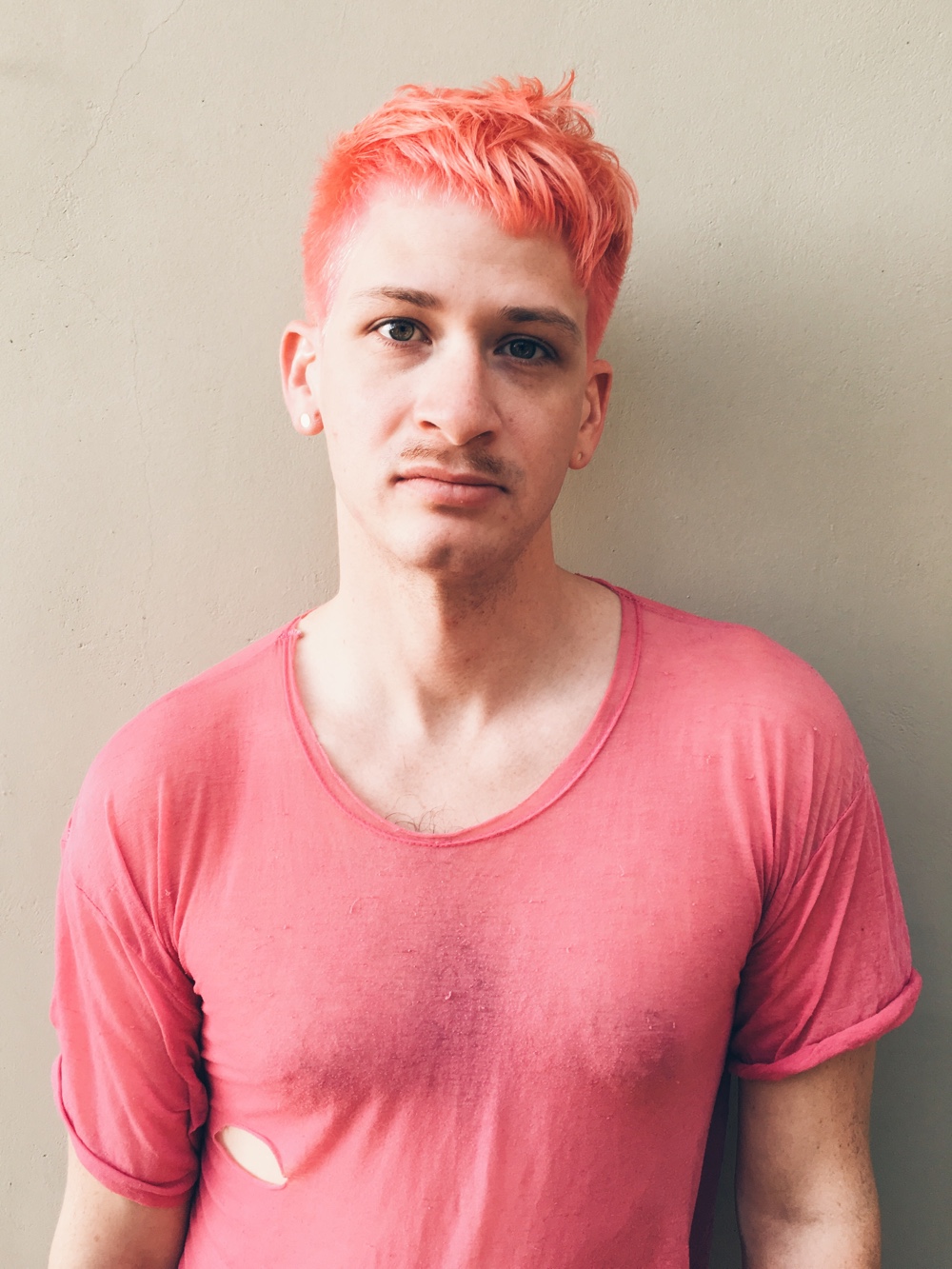
By:
Despite medical advances and a supposed greater awareness of the issue, HIV is still highly misunderstood across a broad spectrum of society.
While the reasons may be myriad, it's clear that education is essential. And yet, sexual health education programs are actually on the decline in high schools. As the Guttmacher Institute's report on teen sex education noted, "the share of schools providing sexual health education declined from 2000-2014," with only 22 states and the District of Columbia requiring both sex and HIV education sessions.
Meanwhile, while nearly half of U.S. high school students have sex, only 13 percent have been tested for HIV. One possible reason for this low number? The prevailing stigma associated with having HIV that can prevent people from getting tested or seeking information.
Chris Villalobos, the associate director at the Thrive Tribe Foundation, a non-profit which seeks to increase community awareness of HIV, echoed this point. As he told ATTN:, “Stigma has played a huge role in whether someone wants to be proactive in their healthcare or decide that there are too many hurdles and that they’d rather not deal with it and kind of let it fall by the wayside.”
It's an experience Villalobos knows firsthand.
“For myself, as an example, it took me over a year to feel really comfortable with my status,” he said. “It was a crash and burn over and over again until finally something clicked where I was comfortable and confident with it.”
The consequences couldn't be more dire.
As Oxford Academic reported, "Over the past decade, men who have sex with men have been the only group in the United States in which human immunodeficiency virus (HIV) incidence has increased."
And for people of color, the numbers are particularly staggering. It is estimated that half of black gay men and a quarter of Latino men will contract HIV in their lifetime.
ATTN: spoke with a few people living with HIV. Here’s what they had to say.
Bryan C. Jones has been living with HIV for over thirty years, after being diagnosed in 1984 during his senior year in college.
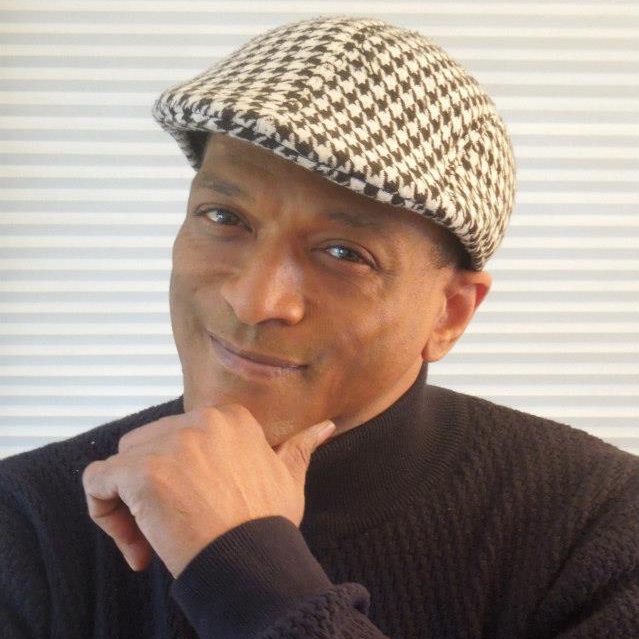 facebook.com - facebook.com
facebook.com - facebook.com
“I’m not glad I have it,” Jones explained. “But I am happy that I do know my status. Now that I know my status, I’m doing whatever it takes to protect myself and others.”
In his work as an activist and as a person living with HIV, Jones has seen how stigma weighs on the community—and how that weight even extends into hospitals. “Even the medical community perpetuates stigma,” he said. “They constantly tell you to be careful who you disclose to. I realize disclosure isn’t safe for some people but, for other people who have the support, you have to step out.”
Ashley Murphy was born with HIV as a result of her birth mother’s drug use.
“Since my infancy I have had many health setbacks,” Murphy said. “I've lived openly with HIV ever since I found out I had it...I told everyone, even strangers, and kids were pretty decent about it, but adults sometimes were not.”
Murphy’s HIV is undetectable—meaning the amount of HIV in her blood is very low and she is unlikely to transmit to others—and she finds that her status is often questioned because she doesn't fit the stereotype of someone living with HIV. “I encounter people everyday who thought HIV only affected gay men or people in Africa,” she said. “They never considered that it is in every community, affects all races, and does not discriminate.”
Josh Robbins was diagnosed in 2012 and is very open about his status. He finds that a lack of HIV education can create dating barriers.
“If I’m trying to hook up with one of those very good 'networking' apps, I’m in hunting mode — and having to stop and educate somebody [about HIV] in the middle of that makes you a little jaded," Robbin said, laughing.
“But the biggest way [HIV] manifests in my life is when something that is unrelated to HIV happens to me and I have to see a doctor,” he said. “The doctors always bring it back to HIV. That kind of stuff will drive you crazy because, in the medical space, everything relates to the HIV and it shouldn't.”
Rae Lewis-Thornton was diagnosed with HIV after a blood drive in 1986, eventually becoming an activist for those who live with the illness.
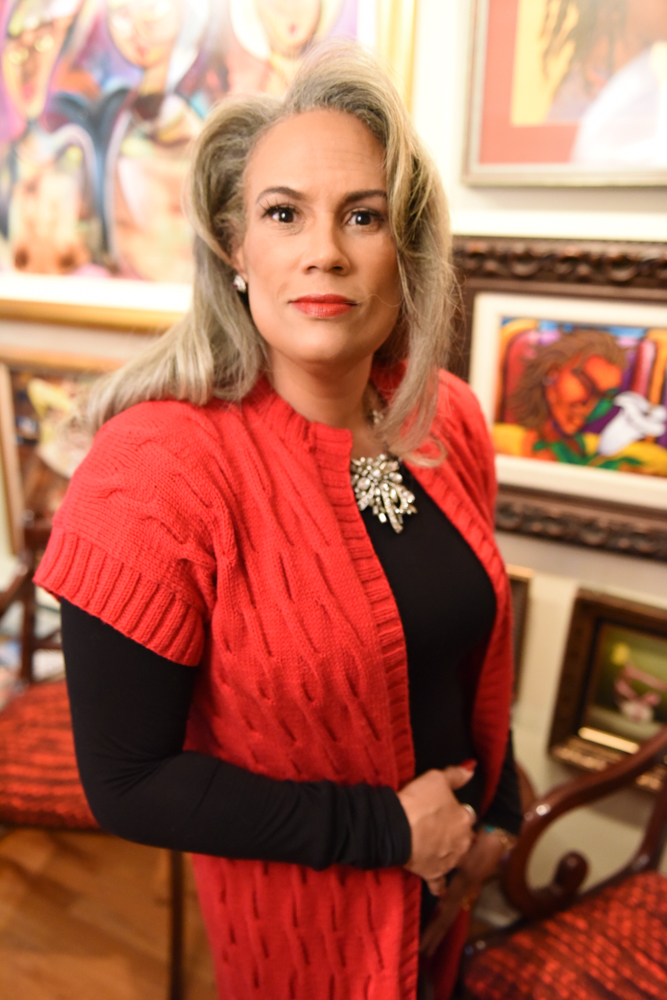
She said she is surprised that people are still so uneducated on the subject.
“The disappointing piece in this is this stigma is no better today than it was when I was diagnosed,” Lewis-Thornton said. “People live in fear of disclosure, which creates isolation in their treatment, which fosters depression because living in secret with a chronic illness and fear being judged ... it’s just not an environment that’s conducive for living with this disease.”
“We cannot wrap our brains around all the advancements in HIV treatment,” she said. “I don’t know if it’s because the early images were so horrible ... you would think people would know better. We’re 30-something years into this epidemic and people still don’t know better. We’re not educating people.”
Kris Elder found out his HIV-positive status in 2012. He maintains normalcy in a routine that some would assume to be mired in sickness.
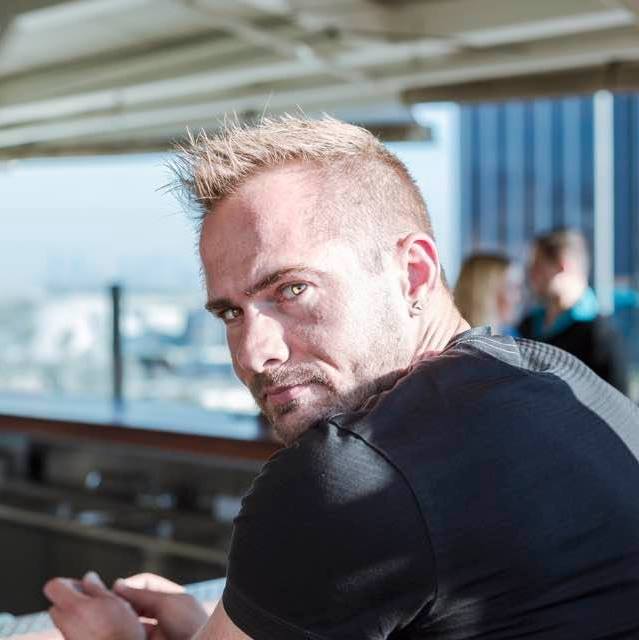 facebook.com
facebook.com
“My life is fairly normal other than my status,” Elder said. “I sleep, wake up, workout, eat breakfast, go to work, attend comedy shows, kick back with friends, read books, laugh at cat videos, stargaze, hook up, date... I just happen to take a pill every morning that those who are negative do not. This pill allows me to live a long a fulfilling life and allows me to protect others from HIV.”
Yet, in pursuing relationships, Elder finds there is an added element of care. “The barriers I face are more in line with the ‘HIV+ individuals are diseased’ belief,” he said. “I never pick up guys at bars or clubs or any other social venue. I only meet partners through friends as it's safer, less potential to be hurt.
Quintin Leonard’s HIV-positive status is not something he stresses about, since medical technology has made living with HIV more manageable.
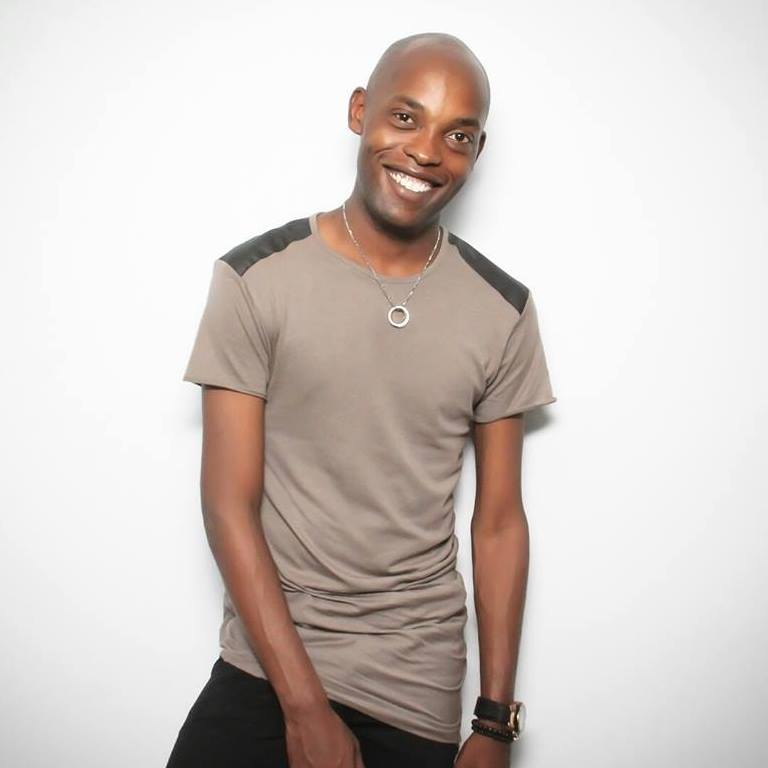 instagram.com - instagram.com
instagram.com - instagram.com
“Once I began my medication I realized that not only was it very manageable but a relief, not having to worry about my health every minute of the day,” Leonard said. “[HIV] is like anything else, a person needs to learn what is going on with their bodies, accept it, and don’t let anyone make you feel that you are a lower individual than they are because you are different.”
Yet, Leonard understands his situation is somewhat exceptional. “The most annoying and hurtful thing is that some people stay in denial about their diagnosis until it is too late,” he says. “In the past I have lost two different friends because of the denial they had. This virus is serious and is not to be taking lightly.”
Deondre Moore finds that society's misunderstanding of HIV increases the potential for isolation.
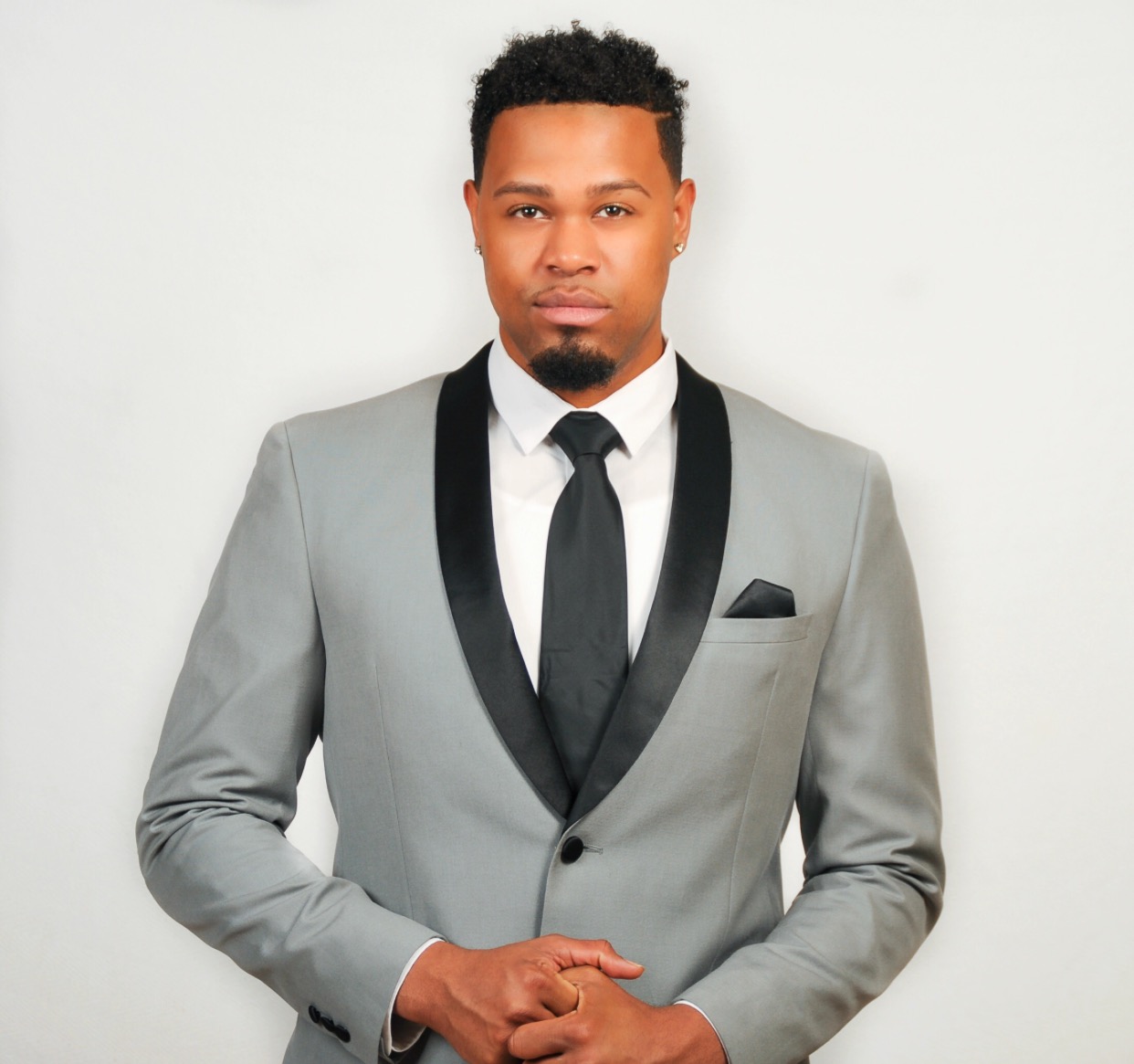 Greater Than AIDS - greaterthan.org
Greater Than AIDS - greaterthan.org
"There are still a lot of misconceptions about HIV," Deondre explained. "People don’t understand that you can’t get it from kissing or sharing a glass. This lack of information contributes to stigma and people not wanting to get tested or learn more about the disease."
"Most people don’t know the difference between HIV and AIDS," he continued. "They assume that I have AIDS and I’m really really sick or that I have to take a bunch of pills every day. Most people don’t understand how far we’ve come with the science and that by taking one pill a day, I can live a happy, healthy life."
Adrian Castellanos is a Greater Than AIDS Ambassador and wants people to know that he is just like them: a person.
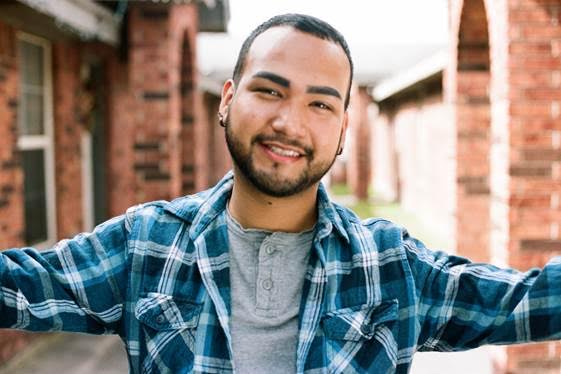 Greater Than AIDS - greaterthan.org
Greater Than AIDS - greaterthan.org
“I think other people’s perceptions about HIV and people living with it are what have made it difficult,” Adrian explained. “I have an amazing boyfriend now (he’s HIV-negative) but before him, dating was kind of a chore ...They’d say things like ‘You have HIV. *block*.’”
“I’m not dangerous,” Adrian reiterated, echoing the frustrations of others who spoke to ATTN:. “I didn’t deserve to get this. It’s not a consequence, it happens. I’ve heard other positive people tell me they don’t even want to go to their doctor’s appointments or pick up their meds because they’re so ashamed or embarrassed.”
“I deserve to be happy and healthy,” Adrian added. “And I am.”
One theme was echoed by each person: educate yourself on HIV.
The refrain of every conversation was that education is the key in to ending the stigma and ignorance that leads to the spread of HIV prevention and a lack of treatment. And this isn't an anecdotal observation but a proven fact.
As Villalobos stressed, it's important to stay healthy — and get tested. "We’re constantly geting tested," he said of people with HIV. "We know more about our bodies and our health and we are more on top of and are responsible for our own health."
"Wake up and be honest," he said. "How much do you actually do to take care of your sexual health?"
